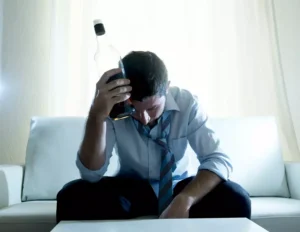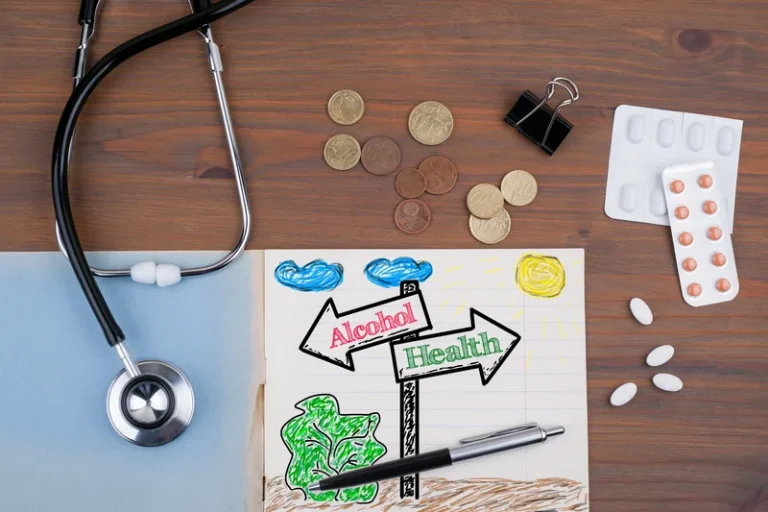
For some parents, talking to your teenager about alcohol and setting rules and boundaries to keep them safe can be daunting. The majority of parents feel that it’s their responsibility to create strategies and educate their children on when, where and how to drink, whilst many parents struggle with how to provide advice. On the other hand, the teenager who drinks to escape reality often does not drink in otherwise positive social situations, such as at parties or with otherwise responsible friends and relatives. Instead, the candidate for adolescent alcohol rehab drinks alone, or with a group of friends who are also alienated and feel a need to escape. Mental illness may manifest itself in the teenage years, and because of the stigma of admitting to any psychiatric symptoms during adolescence, a teenager will self-medicate such symptoms rather than seeking help. Overly intense academic pressure, failed relationships, falling victim to bullying, and the loss of a friend or relative are other factors that can lead a young person to abuse alcohol on a regular basis.
Binge Drinking
We strive to create content that is clear, concise, and easy to understand. Worrying and stressing about your loved one can take a toll on your mind and body, so find ways to relieve the pressure. Eating right, exercising regularly, and sleeping well can all help to keep stress in check. You can also try one of HelpGuide’s guided audio meditations to help you stay calm and focused as you make this challenging journey.
Adolescent Alcohol Abuse: The Growing Problem, How to Talk to Teens About It, & What Parents Can Do to Stop It
In the game you don’t need to manage play money (Really, I can’t tell you how many fights I’ve been around regarding the honesty of a banker) or worry about your financial strategy. If someone else owns it, you’ll owe them rent in the form of sips. If you’ve ever found yourself thinking, “Monopoly is fun, but what if it were a little more… intoxicating? Meet Monopoly teenage alcoholism Board Crawl, the first-ever official Monopoly drinking game, or at least the first one ever officially endorsed by Hasbro. If you think that you or someone you care about is addicted to drugs or alcohol, recognizing the problem is the first step in getting help. Psychological addiction happens when the cravings for a drug are psychological or emotional.
Lead by example
Talk It Out urges parents to start the conversation about teen alcohol use before it becomes an issue — usually before they enter high school. In fact, about 10% of 12-year-olds in North Carolina admit to trying alcohol. The goal is to meet your teen where he or she is and work together to prevent the problem before it starts — or solve it, with love, as a family. Discuss the negative effects of alcohol, and what that means in terms of mental and physical health, safety and making good decisions. Acknowledging you have a problem with alcohol is not a sign of weakness or some kind of character defect. In fact, it takes tremendous strength and courage to admit your problem and decide to face up to it.
Best Medical Alert Systems of 2024 Chosen by Testers

In that stage, minimizing the risk factors that make a teenager more vulnerable to using alcohol is an issue. The second stage of alcohol and other drug use ranges from experimentation or occasional use to regular weekly use of alcohol, tobacco, inhalants, or other drugs. The third stage involves a youth further increasing the frequency of alcohol use and/or using alcohol and other drugs on a regular basis. This stage may also include the teenager buying alcohol or other drugs or stealing to get their drug of choice.

- According to Texans for Safe and Drug-Free Youth, more than half of Texas students in grades 7 through 12 have used alcohol in their lifetime and one-third drank within the past month.
- We strive to create content that is clear, concise, and easy to understand.
- And not just for a week — for a significant period of time.
- Talk It Out urges parents to start the conversation about teen alcohol use before it becomes an issue — usually before they enter high school.
As most parents know all too well, talking to a teen is rarely easy. You can feel discouraged when your attempts to communicate are greeted by a sullen roll of the eyes, an incoherent grunt, or the slamming of a door. Or you may despair at the relentless anger or indifference your teen displays towards you.

Helping Someone with a Drug Addiction
What are the symptoms of alcohol intoxication and alcohol abuse?


